1. Brady Bunch: Teen Romances & Rivalries
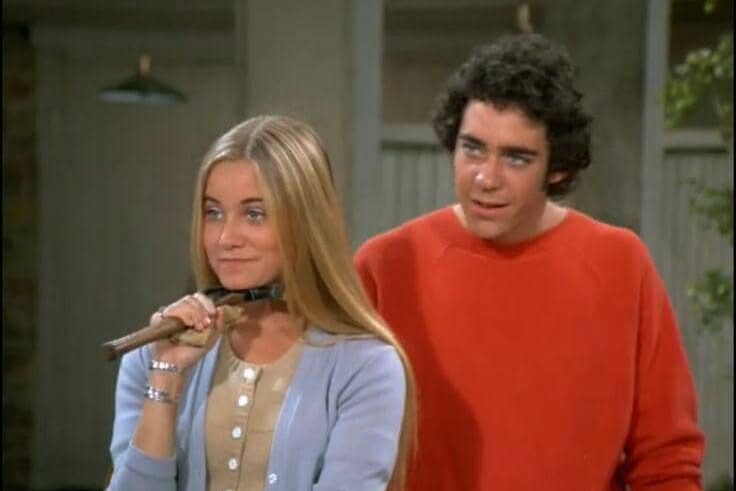
Behind the wholesome Brady household lurked a surprisingly complicated web of teenage crushes and on-set hookups. Actors Barry Williams (Greg) and Maureen McCormick (Marcia) had a real‑life relationship, and younger cast members openly confessed to making out, some even in the doghouse prop, despite playing siblings. The hormonal awkwardness of their adolescence apparently made boundaries blur during filming years. Though the show portrayed perfect family harmony, several former cast members have recalled tension when puberty hit. Williams said his teenage years on the show were “very intense,” as changes in voices, hair and bodies led to an environment that felt awkward or even uncomfortable at times. That sheltered set life bred early romantic exploration among actors who barely understood appropriate boundaries.
2. Glee: A ‘Curse’ of Tragedies & Conflicts
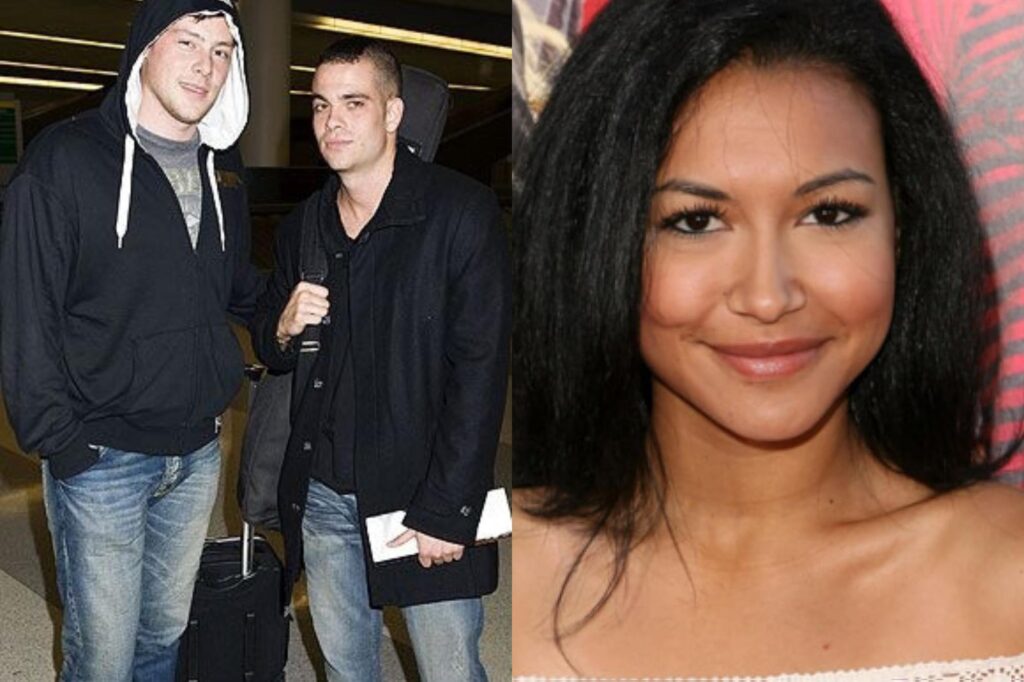
Glee’s rise as a cultural phenomenon was marred by tragedy. Three major cast members, Cory Monteith (Finn), Mark Salling (Puck), and Naya Rivera (Santana), died prematurely between 2013 and 2020: Monteith from a heroin and alcohol overdose, Salling by suicide after pleading guilty to child pornography charges, and Rivera in a drowning accident while saving her young son. The production also lost several crew members to suicide or sudden health crises, which some dubbed a “curse,” though it’s widely criticized by cast members as sensationalist. Tensions among cast simmered behind the scenes as well. Lea Michele has in recent interviews discussed how she was accused of hostile behavior on set, leaving fractured relationships that linger years later. Meanwhile, a special episode titled “Frenemies” intentionally mirrored rumored rivalries between Michele and Naya Rivera, casting real-life friction into storylines.
3. Diff’rent Strokes: Fame Fueled Collapse
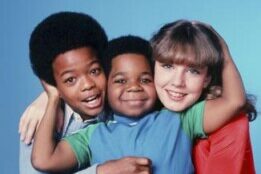
What viewers saw as a heartwarming sitcom masked a toll of addiction, legal trouble, and shattered careers. Dana Plato (Kimberly) struggled with drug and alcohol addiction, was arrested for armed robbery and forgery, posed for Playboy, and tragically died from a prescription‑drug overdose in 1999. Gary Coleman (Arnold) faced health issues early in life, sued his parents over mismanaged trust funds, and despite earning megabucks, died in 2010 from complications following a fall. Tensions on set boiled over between Coleman and Todd Bridges (Willis), whose relationship deteriorated as Coleman’s parents increasingly isolated and elevated him. The feud even escalated into physical violence, Coleman slapped Bridges, who retaliated before walking away, and Bridges believes Coleman’s camp subsequently blacklisted him from storylines and appearances on the show’s final seasons.
4. Fresh Prince: Toxic Viv Feud

Behind The Fresh Prince’s comedic warmth, a bitter feud unfolded between Will Smith and actress Janet Hubert, who portrayed Aunt Viv. Hubert’s frustration with behind‑the‑camera decisions and creative conflicts led to her abrupt exit, leaving fans puzzled when she was replaced mid‑series. The drama triggered years of emotional fallout, and for decades their conflict went largely unspoken on both sides. Years later, both Smith and Hubert opened up publicly. Hubert described feeling marginalized and disrespected, while Smith acknowledged the pain she experienced. Their reluctance to address the issues at the time allowed resentment to simmer in silence, and the emotional scars lasted long after the bright lights of Bel-Air faded.
5. Two and a Half Men: Charlie’s Real‑Life Meltdown
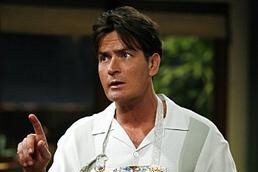
Charlie Sheen’s off-camera behavior shattered the show’s success. Initially the centerpiece of the sitcom as Charlie Harper, Sheen’s escalating substance abuse, erratic conduct and public outbursts dragged the show into scandal. Legal disputes, a toxic work environment, and creative breakdowns culminated in his firing midway through season 8, leaving the cast and network scrambling to salvage the hit show. The fallout was huge: ratings dropped, writers pivoted, and Ashton Kutcher was brought in as a replacement lead. Behind the laughs, writers and producers grappled with lost storylines, negative press, and morale issues among cast and crew. What once felt like pure sitcom escapism became a cautionary tale about Hollywood excess turning dark in real time.
6. Roseanne: Off‑Camera Feuds & Reboot Fallout
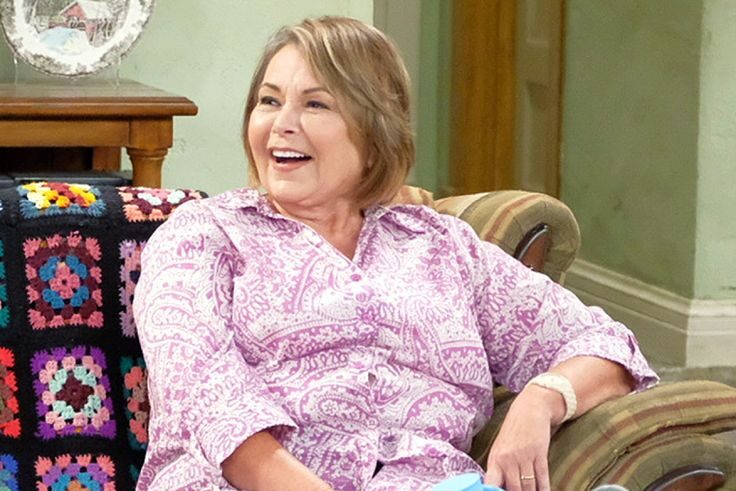
Though the show was groundbreaking in addressing working‑class life, behind the scenes Roseanne Barr was frequently in conflict with producers, writers, and cast. She reportedly became enraged when her creative ideas were credited to another developer, storming out of the series premiere party in tears when she first saw “Created by Matt Williams” in the credits. Writers and cast members lived in fear of her volatile behavior; one commented that Roseanne would say things like “if I’m not looking at you, you don’t exist,” creating a fearful environment on set. When Barr posted a racist tweet in May 2018 comparing a former Obama aide to “Planet of the Apes,” ABC swiftly canceled the reboot despite its success, citing the comments as “abhorrent, repugnant and inconsistent with our values”.
7. Cheers: Diane Drama Shifted Tone
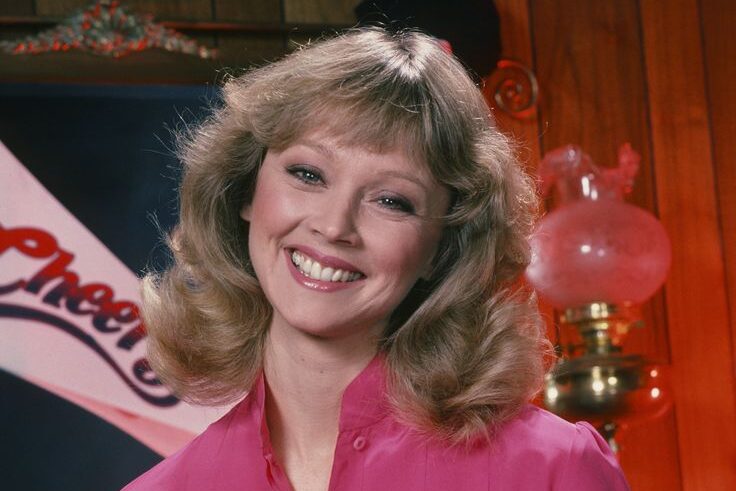
The original dynamic duo of Cheers, Sam Malone (Ted Danson) and Diane Chambers (Shelley Long), generated much of the show’s romantic comedy tone. However, Shelley Long reportedly clashed with cast and crew, leading to a visible shift in the show’s mood after her departure early in season six. Diane’s high‑brow character often drew criticism for feeling out of place in a bar setting, and Long’s exit allowed Cheers to recast with a lighter, more relatable tone. After Long left, Kirstie Alley joined as Rebecca Howe. Her character had a completely different style, more grounded and less confrontational, which helped Cheers evolve from a romance‑driven sitcom into a workplace comedy centered on ensemble dynamics rather than one leading lady. Viewers and fans noted that the energy of the show changed noticeably once the Long‑Danson pairing was gone.
8. Saved by the Bell: Screech’s Salacious Memoirs
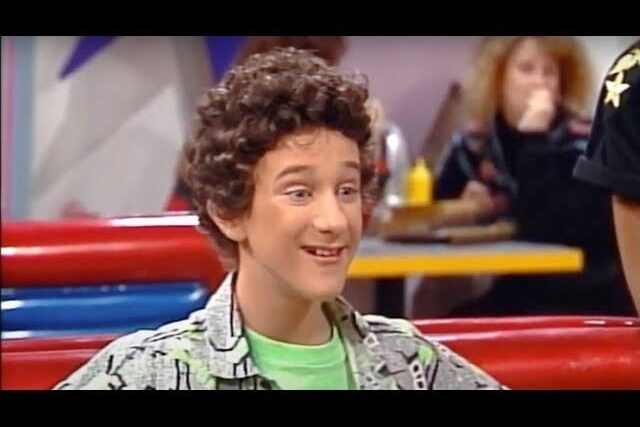
Off‑screen, Saved by the Bell may have seemed lighthearted, but in 2009 Dustin Diamond, who played Screech, released Behind the Bell, a memoir filled with sensational tales of teen drug use, hook‑ups, and backstage drama. Much of it was later questioned or denied by colleagues, and Diamond later claimed his ghostwriter exaggerated or fabricated many stories. The book claimed absurd tales like hundreds of sexual conquests and relationships with industry figures, which even Diamond disavowed later. In 2014, Lifetime aired The Unauthorized Saved by the Bell Story based on his memoir. Cast members, including Mark‑Paul Gosselaar and Elizabeth Berkley, distanced themselves from the portrayal and expressed disinterest in watching the dramatization of their teen years. The scandal shifted the public image of what had once been a wholesome teen show into something much bleaker and more chaotic behind the scenes.
9. Mork & Mindy: Fame & Hidden Struggles
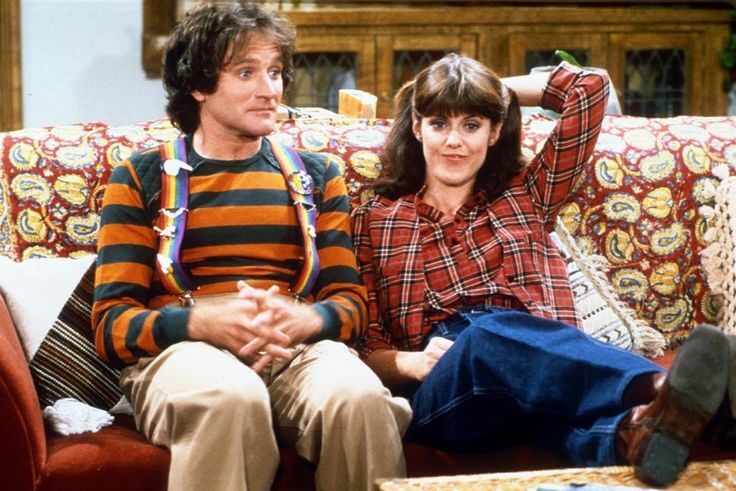
Robin Williams’ meteoric rise from alien Mork to international superstar masked deep personal challenges. Off-camera he battled addiction and depression, even during filming years, with tense moments on set when difficult scenes or stand-up bits affected his mood. His improvisational genius often hid the fragile state of his mental health away from audiences. Co-stars and crew later acknowledged the duality of his presence: brilliantly funny but emotionally unpredictable. Production insiders have described incidents of sudden mood swings, emotional exhaustion, and dependency issues that Williams managed while maintaining his comic persona as Mork, a striking contrast to the cheerful character he portrayed.
10. Full House: Raunchy Saget & Dysfunctional Dynamics
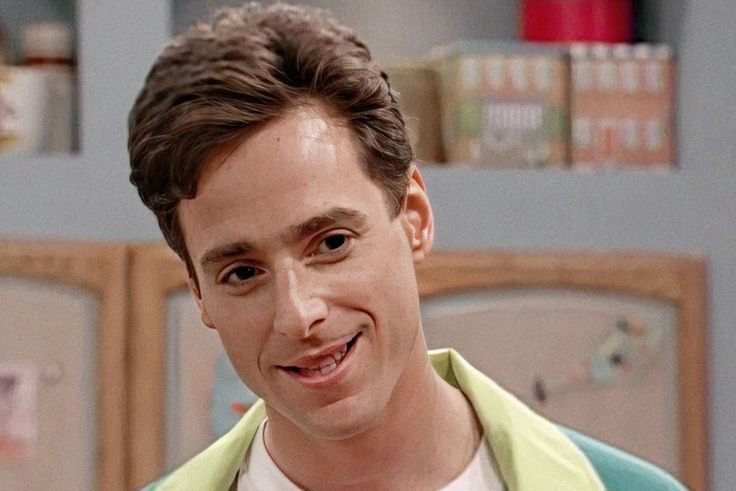
Bob Saget, who played the wholesome Danny Tanner, was well known off-set for his adult‑oriented stand‑up comedy, crude and irreverent routines that couldn’t contrast more with Full House’s family-friendly tone. Cast members later recalled that Saget’s off-screen humor was jaw‑droppingly edgy compared to the squeaky-clean image of the show’s patriarch. Rumors of set dysfunction circulated too: some former cast members spoke of cliques and tension among the ensemble, especially as younger actors grew up in the spotlight. The polished product on television masked underlying friction, and Saget’s double-life became a symbol of the contrast between what fans saw and what was actually happening behind the studio walls.
11. Cosby Show’s Dark Legacy

On screen, The Cosby Show appeared as a feel‑good, multi‑generational Black family sitcom. Off-screen, however, Bill Cosby’s reputation as “America’s Dad” masked a disturbing pattern of sexual misconduct. Former cast member Joseph C. Phillips described the set as rife with what he called “sinister energy,” as Cosby reportedly brought young women into dressing rooms and normalized his behavior in front of kid actors like Malcolm‑Jamal Warner. Lisa Bonet, who played Denise, said she “always” sensed something off about his presence , dark, disturbing energy that she couldn’t ignore. The fallout has become part of the show’s complicated history: multiple sexual assault allegations led to convictions (later overturned), ruinous legal battles, and the removal of reruns from syndication beginning in 2014. Still, cast members such as Warner, who tragically died in July 2025, have spoken of their pride in the show’s cultural impact, even as they wrestled with its legacy and painful aftermath.
12. I Love Lucy: Crumbling Romance Off-Camera
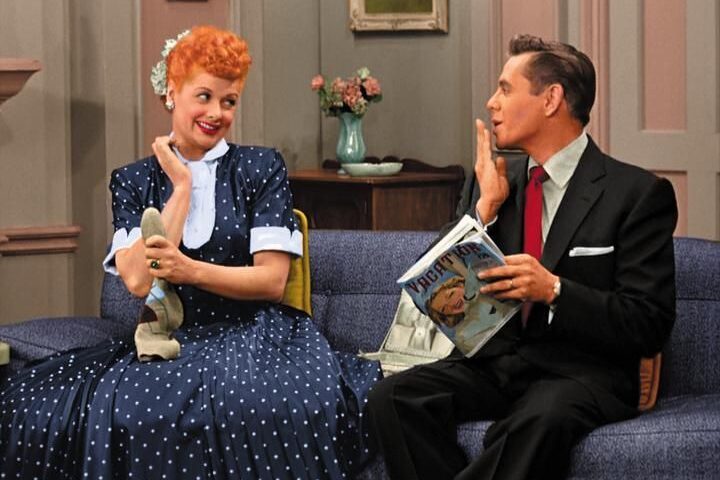
Lucille Ball and Desi Arnaz, television power couple on screen, lived a marriage overshadowed by Desi’s infidelity, heavy drinking, and emotional volatility. Confidential magazine’s infamous January 1955 exposé “Does Desi Really Love Lucy?” detailed his affairs with call girls, a report Lucy reportedly read on set before tossing the magazine aside and saying, “I could tell them worse than that”. Biographers and insiders describe a deeply resentful and emotionally exhausting marriage, stretched thin by lies, arguments, and repeated betrayals. Their union ultimately collapsed despite professional success, the pair divorced in 1960 after nearly two decades of turbulence. Lucille remained hurt but pragmatic, while Desi continued to battle alcoholism, gambling, and infidelity even after their split. Their relationship ultimately shaped television history, and personal histories filled with heartache.
13. Home Improvement: Legal Battles & Personal Struggles
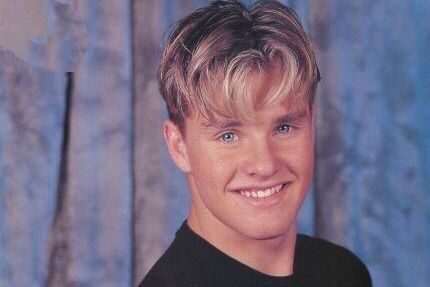
Child star Zachery Ty Bryan, who played eldest son Brad, has faced a spiral of legal and personal crises since the show ended. Starting at age 14, he struggled with alcohol and later accumulated multiple DUIs (including felony charges in 2024) and DUI-related contempt violations. In 2020, Bryan was arrested for felony strangulation, assault, coercion, and harassment; he later pleaded guilty to misdemeanor charges and served probation under domestic violence terms, including abstaining from alcohol and attending intervention programs. The troubles didn’t stop: in July 2023, he pled guilty to felony assault in Oregon under the Abuse Prevention Act, receiving probation and brief jail time. Then in January 2025, Bryan was arrested for alleged second-degree domestic violence, accused of punching and choking a woman with whom he shares a child, even reportedly threatening to kill her. His bail was set at $10,000, and he remains entangled in serious legal proceedings.
14. Family Matters: Urkel Overshadows the Original Cast
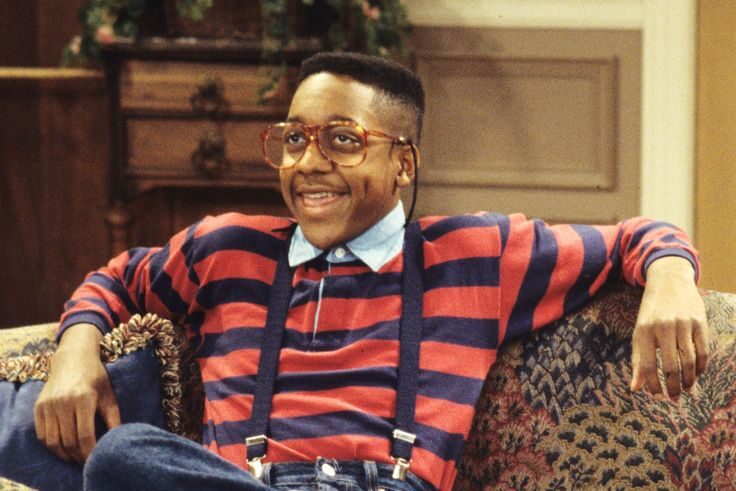
As Family Matters progressed, Jaleel White’s lovable Steve Urkel became the audience magnet, prompting writers to pivot the show around him. This shift disrupted the original ensemble, causing resentment among cast members whose stories and screen time dwindled. In later interviews, several original supporting actors lamented how Urkel’s takeover led to fewer meaningful roles and growing friction both on and off camera. Though White delivered an iconic performance, the internal imbalance weighed heavily. Original cast members felt sidelined as Urkel transformed from a quirky side character into the central star. That evolution mirrors how backstage dynamics can undermine even successful shows when spotlight shifts overwhelm ensemble harmony.
15. Partridge Family: Teen Stardom Pain & Isolation
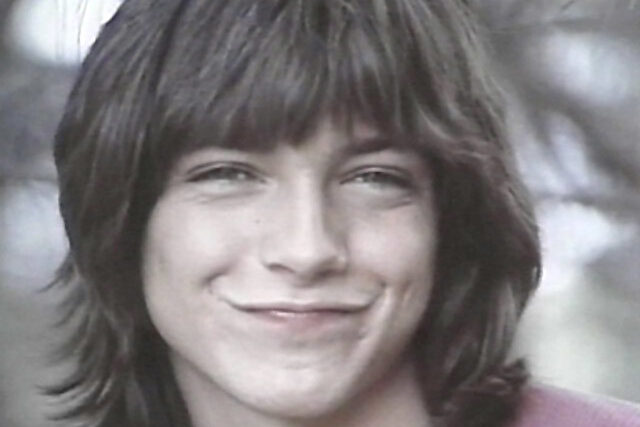
When The Partridge Family made David Cassidy a teen idol, it simultaneously exposed darker realities behind the fame. Cassidy struggled with depression and drug use despite public adoration, feeling isolated even surrounded by success. His relationship with older cast members, including Shirley Jones, who played his TV mom, was reportedly strained and lacked genuine warmth, amplifying his loneliness. Cassidy later described the environment as chilly and transactional: he was the golden goose but not emotionally supported. The pressures of sudden fame, compounded by internal strain, left him feeling disconnected from both the role and the people around him, reminding us that even wholesome hits can be haunted behind the scenes.
16. Andy Griffith Show: Pranks Met with Tension
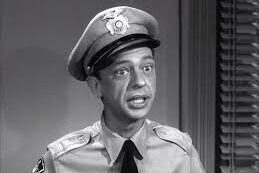
On set, Andy Griffith encouraged a lighthearted, prank-filled atmosphere, singing, improv skits, and jokes were common during downtime. Co-star Frances Bavier (Aunt Bee), a seasoned stage actress, largely abstained from this camaraderie. She reportedly found the atmosphere frivolous and resented the ongoing practical jokes, preferring a more professional environment. The friction wasn’t subtle: Ron Howard later recalled that Andy seemed to harbor some resentment toward Bavier, who he said had been cast by producers and not Griffith’s choice. Jim Nabors even once told Griffith to “be nice to her” during a walk between rehearsals. Beyond tension, Bavier had a habit of arriving late and citing illness when upset, routine conduct that the makeup man often soothed behind the scenes. It’s said they only reconciled shortly before her death.
17. Taxi: Kaufman’s Clifton Persona Sparks Chaos
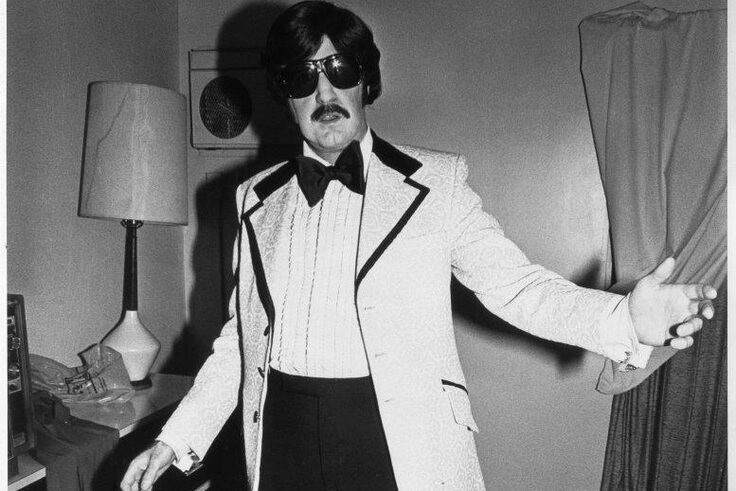
Andy Kaufman brought chaos to Taxi by insisting his alter ego Tony Clifton appear on set once per contract. Clifton’s abrasive persona clashed with cast members, especially Judd Hirsch, leading to an infamous on-set confrontation. Officials reportedly removed Clifton after he enraged the cast, prompting a press-worthy spectacle of production drama. Kaufman was deeply creatively ambitious and emotionally complex, according to Andy Kaufman Is Me, a Tribeca‑premiering documentary using hours of unreleased audio recordings. It portrays a man who felt restricted by his mainstream sitcom role, struggling to reconcile artistic identity with the demands of TV fame, even as his unsettling persona set off real conflict behind the camera.
18. Good Times: J.J. Overshadows Moral Intent
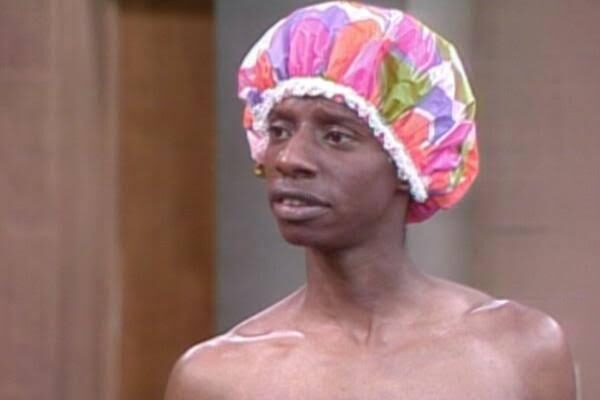
Initially envisioned as a drama-comedy grounded in social issues, Good Times became centered on J.J., played by Jimmie Walker, whose “Dy-no-mite!” persona overtook the show’s tone. Esther Rolle (Florida) and John Amos (James) became increasingly frustrated as the show shifted from serious themes to slapstick, and both publicly criticized the imbalance. The conflict escalated: Amos was fired after season 3 following heated disputes, and his character was written off in a car accident. Rolle remained contractually tied but threatened to leave multiple times. She eventually quit when her contract ended, leaving the series emotionally fractured. On-set relations between Walker, Rolle, and Amos were reportedly cold, Jimmie Walker later admitted he never spoke to them off-camera during filming.
19. Facts of Life: Weight Pressure & Psychological Toll
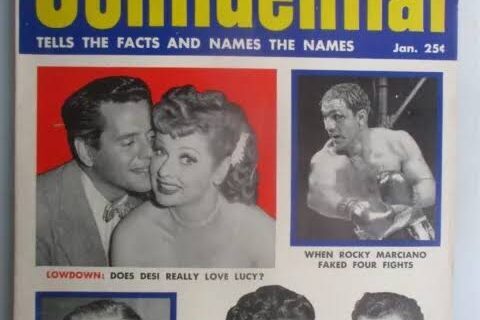
During its nine-season run, The Facts of Life placed invasive focus on the young actresses’ weight and diets. Nancy McKeon revealed that cast members were weighed on set and often sent to fat farms or given strict diet mandates, even as the show addressed puberty, friendship, and self-esteem in its scripts. This scrutiny took a visible toll: actresses like Lisa Whelchel and Mindy Cohn described emotional stress during adolescence, when their bodies were changing naturally. The pressure to conform to idealized images clashed with the show’s messages of self-acceptance, making behind-the-scenes dynamics notably tense and psychologically demanding for teenage stars navigating fame and growing up on camera.
This story 19 Iconic TV Shows That Were Way Darker Behind the Scenes Than You Ever Knew was first published on Daily FETCH


